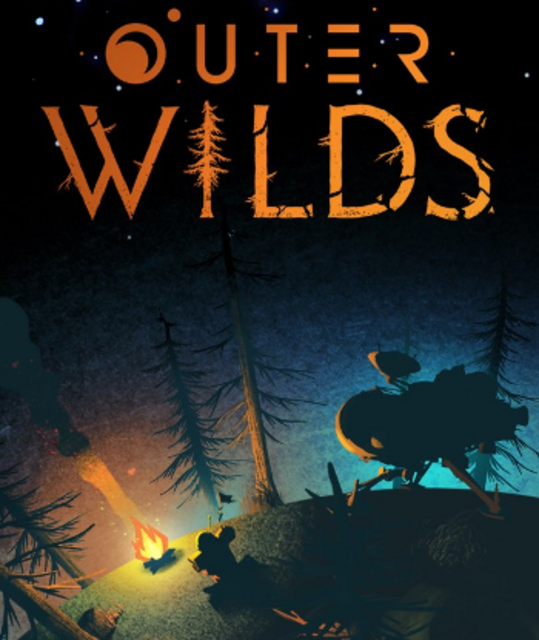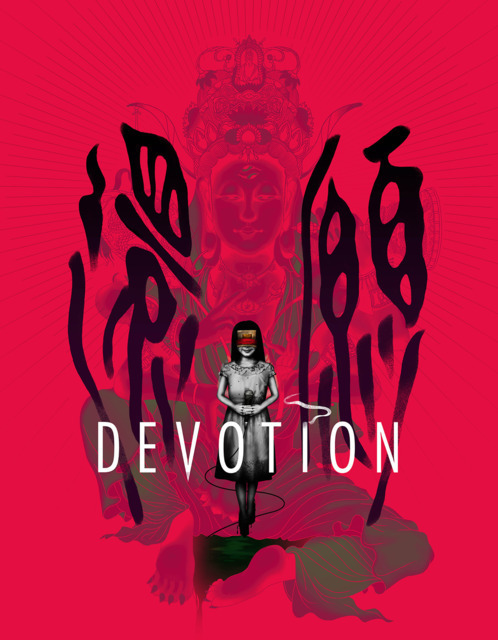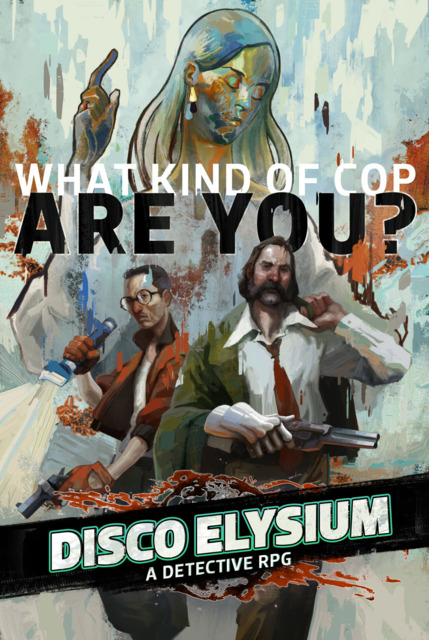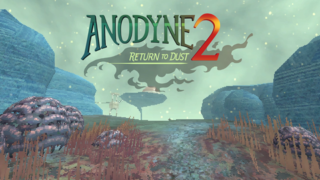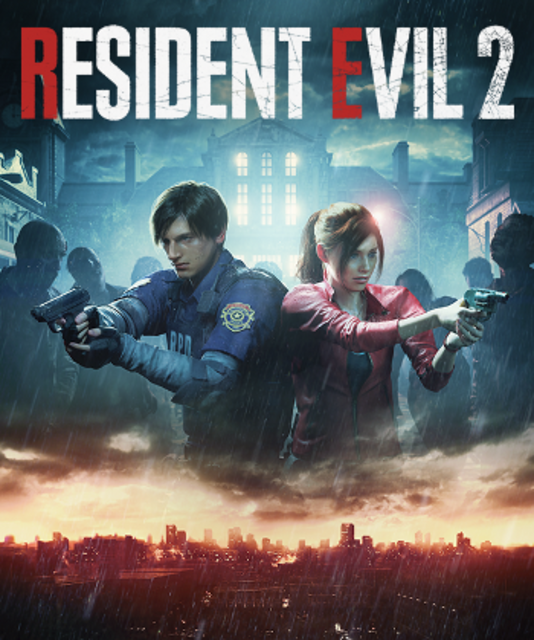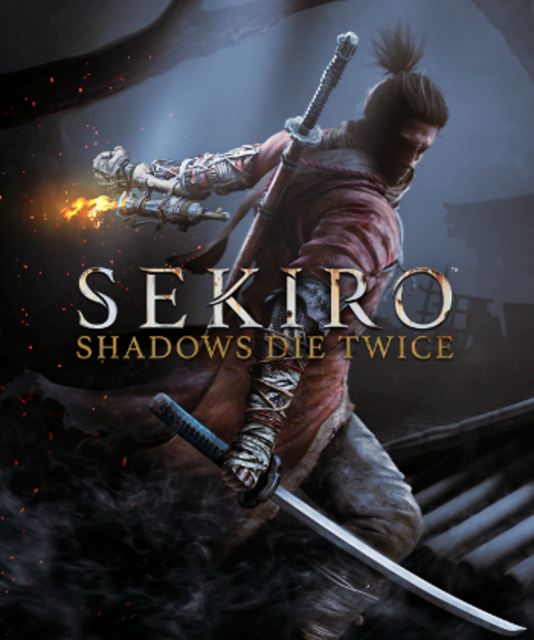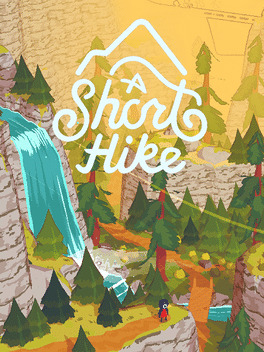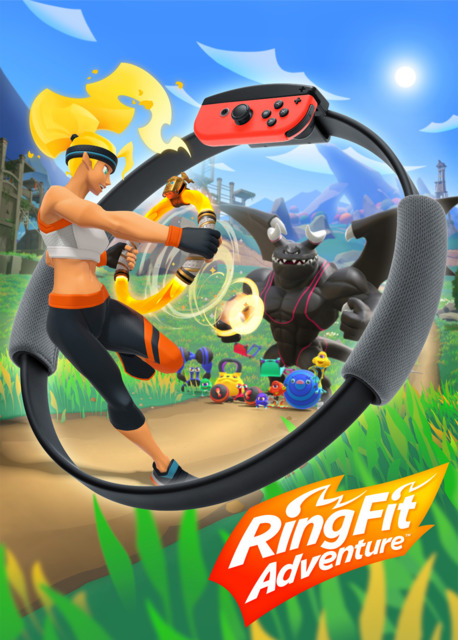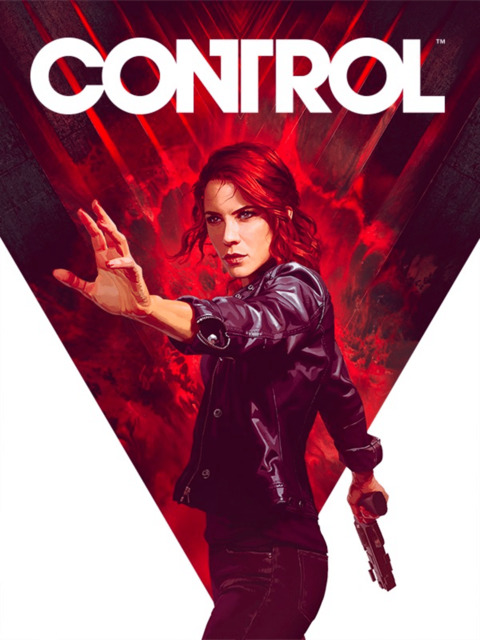Favorites of 2019
Very, very late! I had most of this written out before 2019 ended, but catching up with the rest of my wishlist got ahead of me. Another great year of games, if you ask me. The odd-numbered years are really doing it for me these days.
Honorable Mentions go to:
- Death Stranding, which I like! I know!
- Manifold Garden, the Antichamber followup with less of the cool stuff, but less of the bad stuff, too!
- Ace Combat 7, DMCV, Eliza, and Baba is You, all of which I still need to play.
- Pathologic 2, which I will gather the courage to finish someday.

